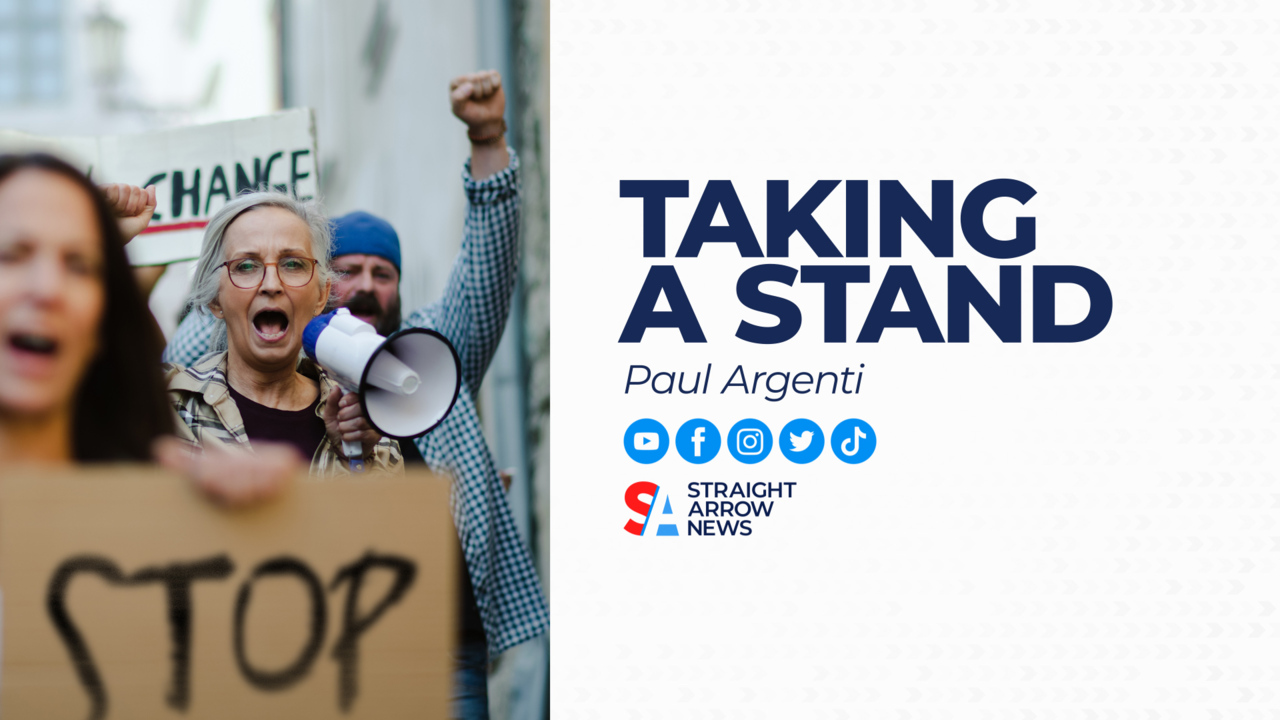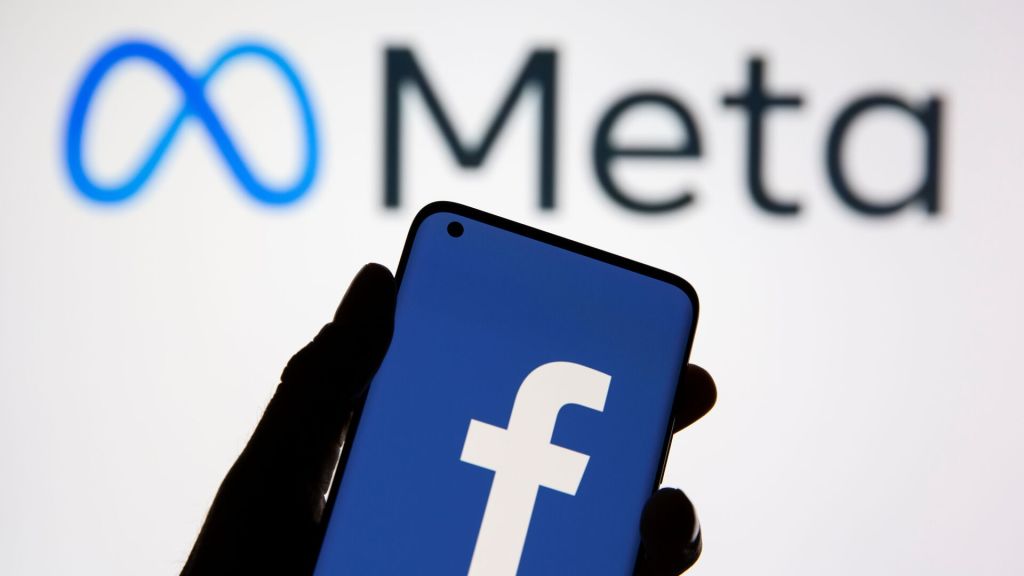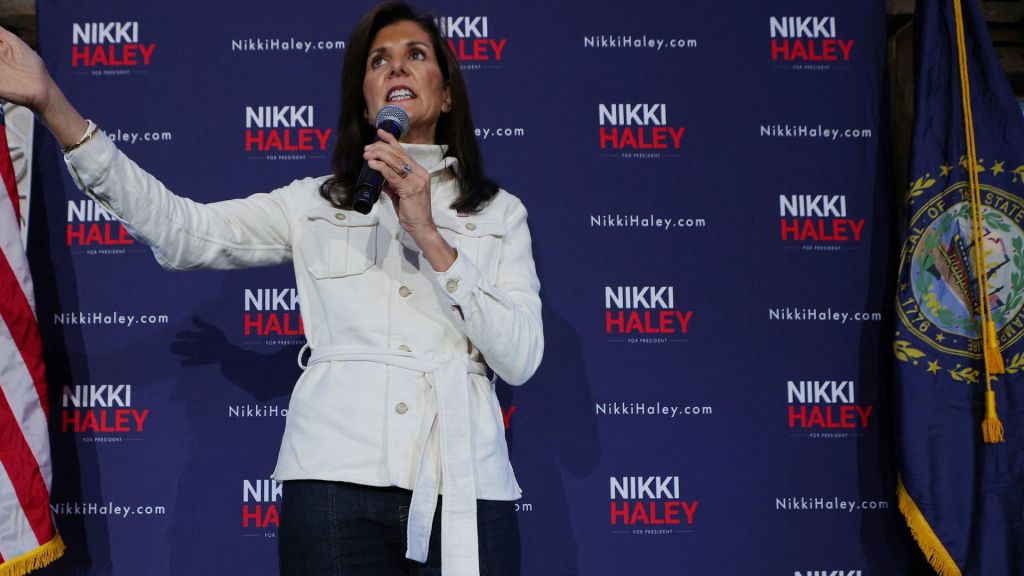
Simone Del Rosario: You’d think winning a case for your clients in the highest court in the land would grant you a few pats on the back at work. Instead, these two attorneys were shown the door after their Supreme Court Second Amendment victory. Law firm Kirkland and Ellis telling their esteemed colleagues, drop your firearms clients or get out. The law firms decision to distance itself from the firearms industry is not unique. But is it good business? Let’s bring in Paul Argenti, Professor of corporate communications at Dartmouth University. Professor, we’re talking about the highest grossing law firm in the world that’s taking the stand. When you’re that big of a business, you must be pretty inclusive. So what do you think was the impetus behind this decision? And is it a good idea for companies, especially large multinational corporations to take political stances like this?
Paul Argenti: Well, a lot of questions in there. I would say, you know, the impetus for a decision like this is to try to avoid more of the you know, the scrutiny that is likely coming from this case on the law firm. And I think in general, taking a stand is something that organizations of all kinds corporations, universities, law firms are going to have to do in this environment. It’s not a question of whether you should it’s a question or a question of which ones are you willing to go to the mat for, and which decisions align with your own strategy, and will provide the least amount of blowback from key constituencies.
Simone Del Rosario: So you don’t think that given the political climate, there’s a world where a CEO or corporation can stay neutral in cases like this?
Paul Argenti: I wish they could. And we’re not living in 1975. In the United States, we’re living in a global environment in which people are expecting corporations to be a part of the public debate. And this, there’s a variety of reasons why this happened over the last 40 years, but one of the things we know is that it’s here to stay. And it’s getting more heated as each issue arises, I think back to the first issues that I was looking at to do some of the research I did on this topic compared to today. And today, the scrutiny has only increased the number of issues has grown. And companies must respond to some but not all of those issues.
Simone Del Rosario: We’re seeing this get really complicated in the banking industry, you have the likes of JP Morgan Chase, which years ago after Parkland publicly said that they dramatically cut down their firearms exposure, only to have to really tuck tail and tell Texas, they don’t discriminate against the gun industry. What can you tell me about this state law in Texas and other bills like it that are really putting corporations in a tricky spot?
Paul Argenti: Well, you know, the bills, I think the states can do whatever they want, right? And if they want to come up with a bill like that, obviously, they can do whatever they like, what is what is troublesome in this question, in my mind, is that JP Morgan can’t have it both ways, you can’t be on one side of the issue. And then when it gets a little bit slippery, go to the other side of the issue, I’d say the same thing happened with State Farm in relation to LGBTQ rights, where, you know, they got a little bit of pressure, and then decided to change their mind about how they were going to respond. You can’t do that you take a stand, you got to be in it to win it. And if you’re not willing to go to the mat for the decisions that you make a la, you know, Tim Cook telling investors to get out if you don’t like our position on climate change, you shouldn’t be involved in the debate at all. And that’s really the key to the issue. When do you get involved? And and are you willing to take all of the pressure that is likely to come? Because these kinds of issues come with lots and lots of troublesome adversaries?
Simone Del Rosario: When do you get involved? It seems like there’s something that’s going to pressure everyone at any given time.
Paul Argenti: Yeah. So I, the way I’ve defined it in my research is, is it connected somehow to the overall strategy of the organization. So if you’re a health plan, and you know, where you give women the right to have abortions as part of your health care package, I mean, you need to weigh in on this issue, it’s probably unlikely that you could get away without doing so. But if you’re Amazon, you don’t need to weigh in on it right away. It’s not something that is connected to your overall strategy, you have no way of influence the influencing the issue, and you have likely a number of constituencies that are going to disagree with you. So you have to have a framework by which you can make those decisions. You have to see if it’s connected to anything that you do or you can influence it, and then decide are you willing to take the trade offs with the constituencies that agree and disagree with you on a particular issue, then you decide to weigh in.
Simone Del Rosario: It really is one of those things regardless of what the issue is where you’re going to get anger whichever side you take. We’ve been talking about, you know, the Texas law against discriminating against the gun industry, or this law firm that is saying we’re not going to work with the firearms industry. I have to mention it goes the other way, too. There was an effort in California to pressure banks to distance themselves from the gun industry. So both ways know when kind of like what we saw at Disney with Florida’s education law, they really lost by not taking a side and then trying to take a side, but especially when we’re talking about something like Disney or a massive bank with shareholders as well. When did they take that stand when it could possibly hurt their bottom line?
Paul Argenti: I think I think it’s a matter of principle, right? I mean, there are some issues that are just a question of morality, like you’re very few people will think that discrimination against women or minorities is a good thing, you’ve got a good part of your society that’s going to agree with you. And you’d want to strongly support that voting rights, these are things that you know, 80, 90% of people are going to be agreeing with you on and you’re, you should be willing to go to the mat for decisions like that, or things that are in the wheelhouse of your business connected deeply to the overall strategy. That is part of what your organization is all about. Where you cannot wade in is where it’s not connected to anything related to you, you can’t do anything about it, and you’re likely to get a lot of people upset. And that could be the case in almost any of these issues that are coming out right now. And I know there are people who would disagree with me on this, but you know, there’s going to be 30, 40% of the people who work in every company, you’re going to be on the other side of the abortion issue right now. And that’s a really sticky situation for a company that have to weigh in on with its shareholders, with its customers, with its employees, and people feel passionately on both sides. So are you willing to go with the decision you make and support it all the way to the end and not back down the way JP Morgan did and the way StateFarm did, or the way Disney did and had to turn itself around. That’s why you want to make the decision once and for all. And as I always say the best way to avoid a crisis is not to get involved in it in the first place. And if you have a philosophy about how you want to respond, then you don’t have the problem. You have a way of justifying your decision.
Simone Del Rosario: Paul Argenti, we’re gonna leave it there. Thank you so much for joining me, Professor in the Tuck School of Business at Dartmouth University. We appreciate your time.






